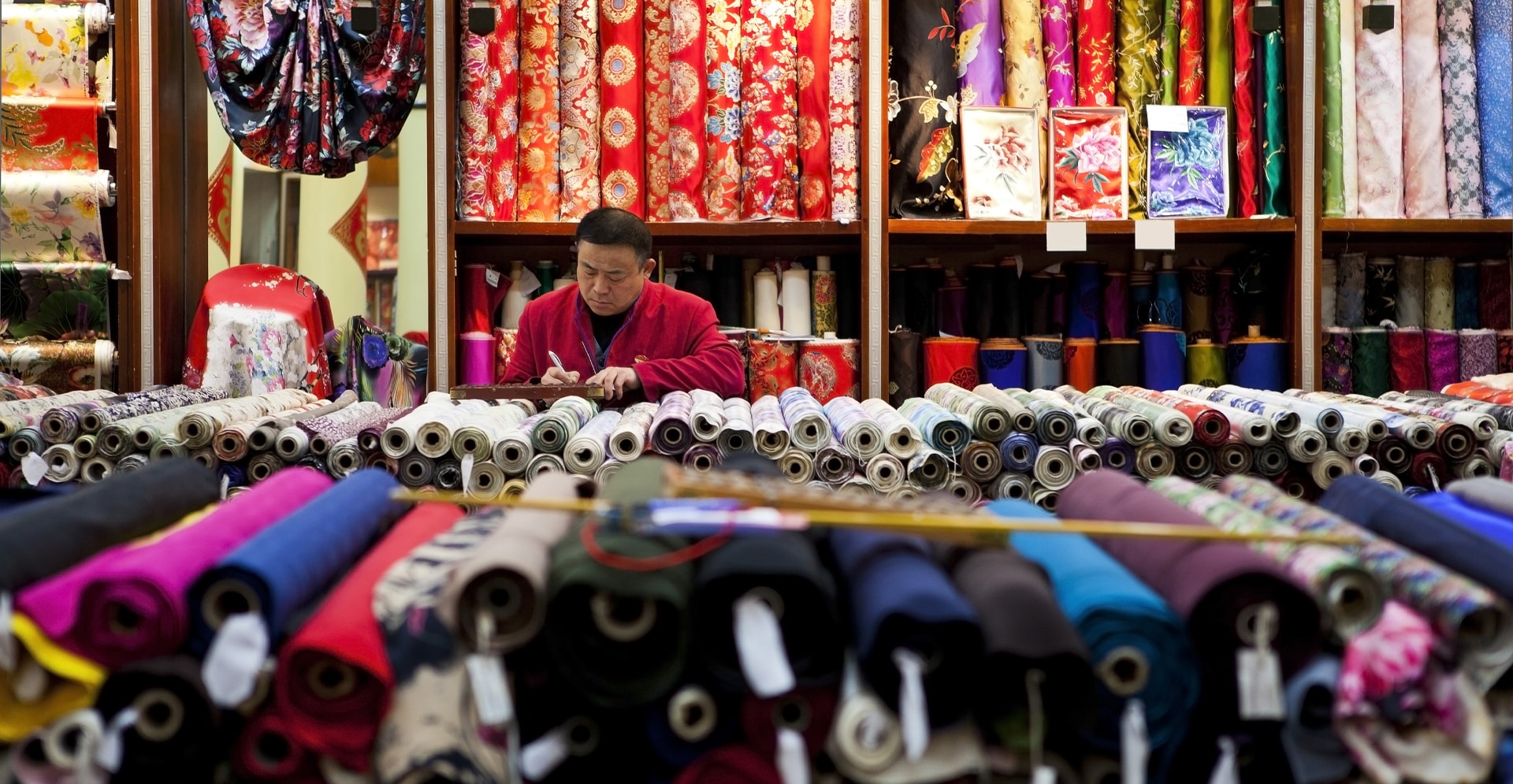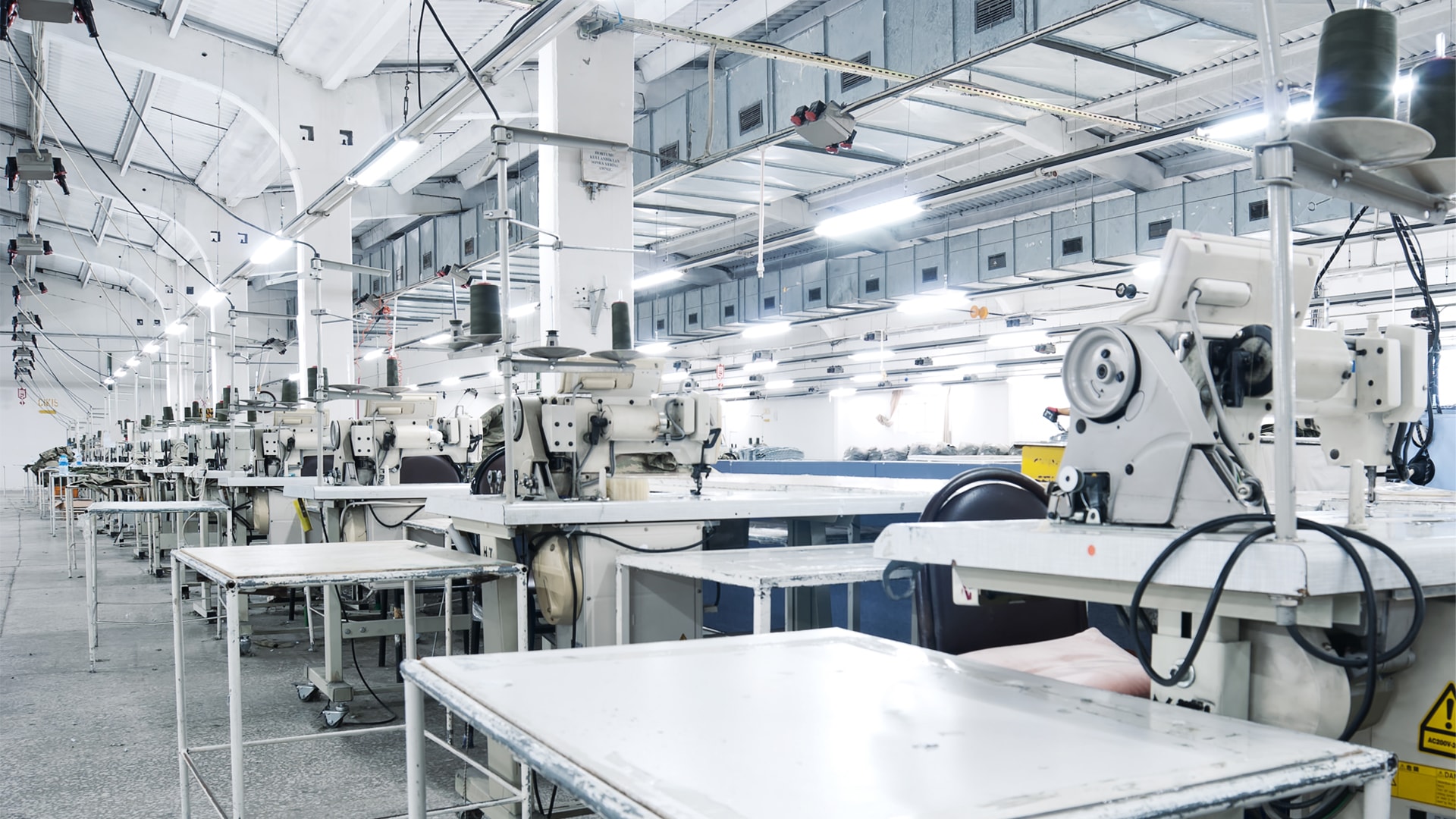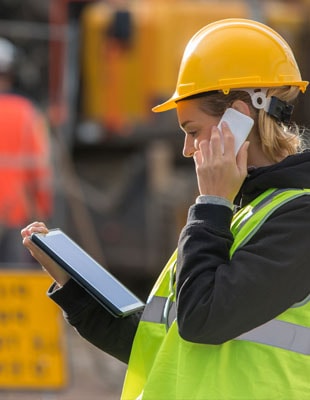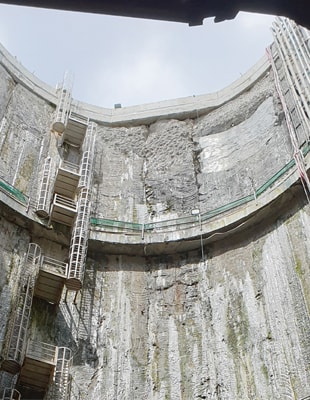Table of Contents
The challenge
Dutch clothing companies with operations rooted in on the Chinese Mainland were looking to optimize their performance in a more sustainable manner.
69
The Netherlands has long been advocating sustainability when conducting offshore business, promoting environmental protection, safe working conditions and adequate labor rights. With a clothing supply chain rooted in China, the Netherlands saw an opportunity to support Chinese dye houses that supply Dutch clothing brands, to optimize their efficiency. With support from the Dutch Consulate General in Shanghai and the Agreement for Sustainable Garments and Textile (AGT), Arcadis has been commissioned to study ways to optimize the supply chain, while protecting labor rights and the environment.
The solution
We conducted a detailed assessment and developed practical guidelines for the dye houses, to evaluate and monitor their performance and develop more sustainable solutions.
9
In order to create a comprehensive understanding of the situation, we established strong connections with government agencies, the Dutch clothing companies as well as the Chinese dye houses, and the people who work there. We also interviewed organizations in the clothing industry that have successfully implemented sustainable solutions, in order to better understand the factors that contribute to the industry’s development.
Environmental sustainability, responsible sourcing, and duty of care towards the workforce emerged as the project’s three core topics. We learned that the dye houses needed to establish an effective non-specific management system that could support them in assessing risks and implementing necessary controls. In terms of chemical management, we noticed that certain procedures on chemical storage facilities needed to be improved. Our team also discovered that more systematic training and employee welfare needed to be further introduced. Based on our detailed assessment and conversations with people on the ground, we learned that many of these potential risks can be traced back to a lack of awareness, concerns over incurring additional costs, as well as misaligned expectations between the clothing companies and their suppliers.
-
READ MORE
We then combined our findings and extensive experience in environmental, health and safety management to develop supporting materials, written in both English and Mandarin, to help the dye houses optimize their practices and better understand the potential risks. However, reaching the level of improvement sought by the project required more than just supporting materials. As such, we provided follow up sessions and then switched to virtual support at the height of the COVID-19 pandemic.

The impact
By bringing Dutch clothing brands in closer contact with their Chinese suppliers, the two ends of the supply chain are now synergized and better prepared to meet evolving market trends in a sustainable manner.
When we revisited the dye houses to evaluate their progress, we were amazed by the fact that despite the pandemic and the varying degrees of effort exerted by each dye houses, all of them had taken steps to implement some of the recommended actions. Some started implementing proper chemical management measures and improved their secure storage facilities, while others reviewed their water consumption and improved their safety training plans, including PPE provisions.
This program is also aimed at bringing clothing brands and their suppliers closer together, in the hopes that the clothing companies will get a complete picture of their suppliers’ situation and provide them much-needed support so that both sides can succeed. We believe that through this program, we laid the groundwork for how clothing brands and suppliers can work together to meet evolving demands of the market for more sustainable products and better working conditions.
Not done reading?
This also might be interesting for you
- Related Projects
- Related Insights
- Related Blogs















